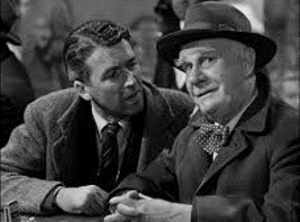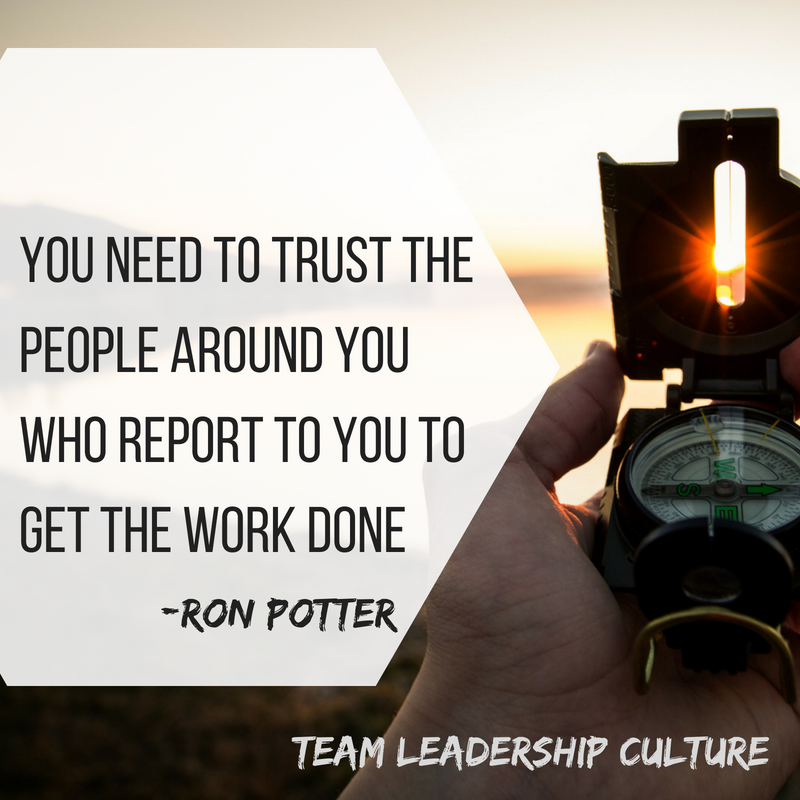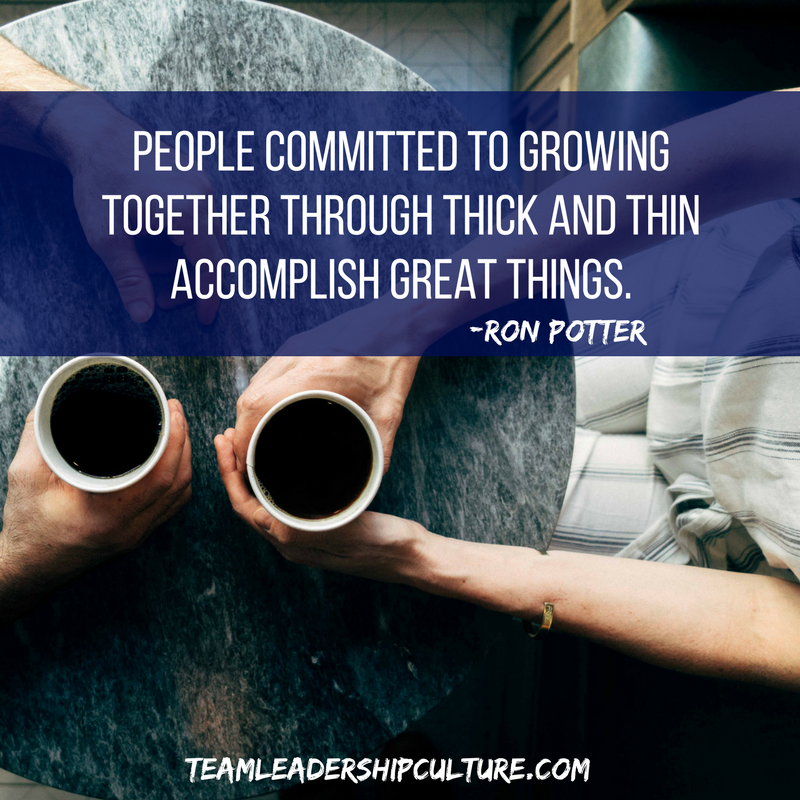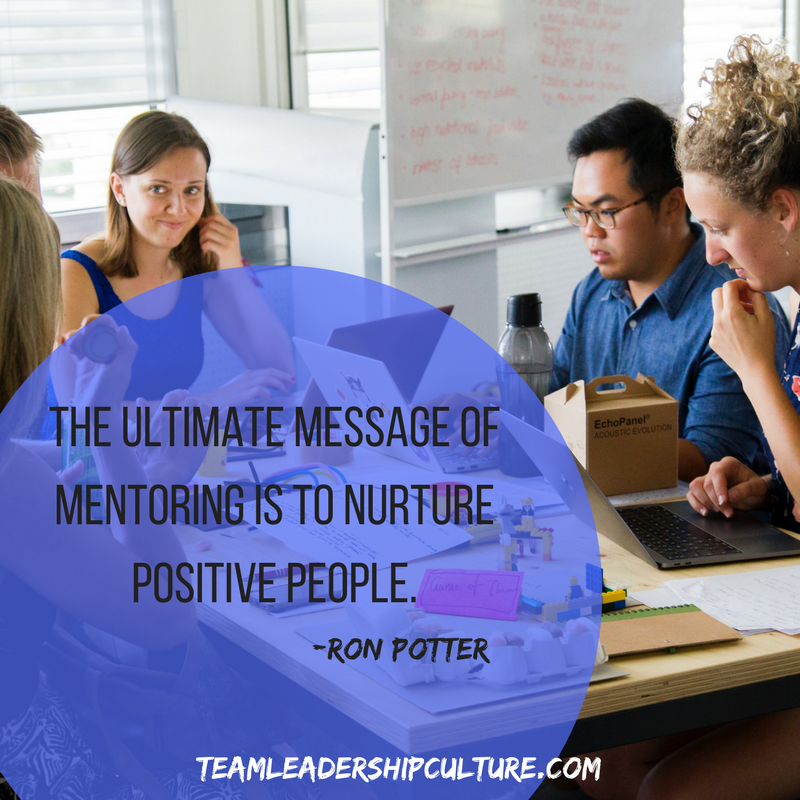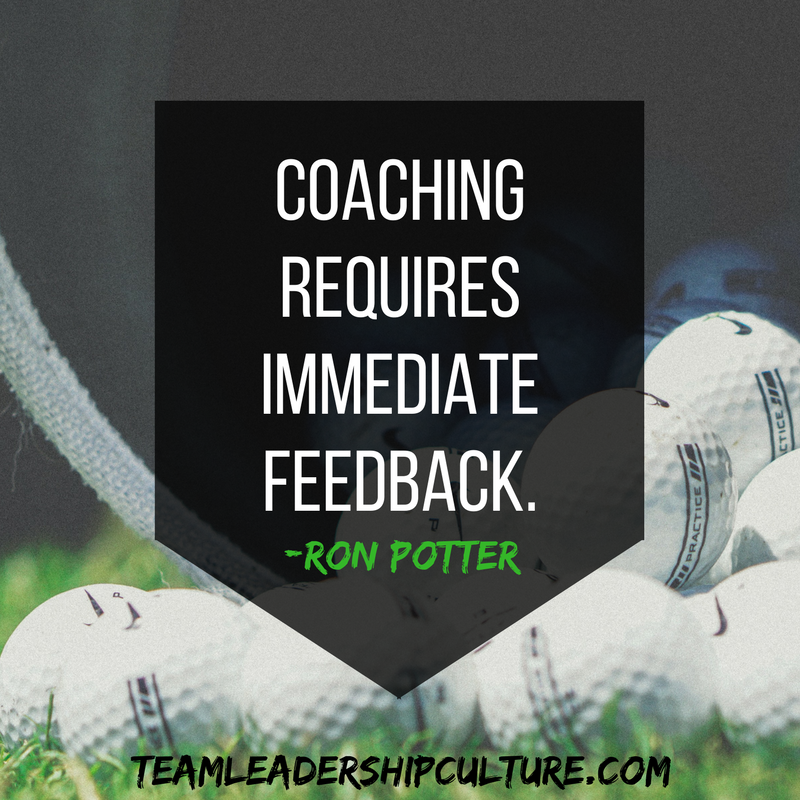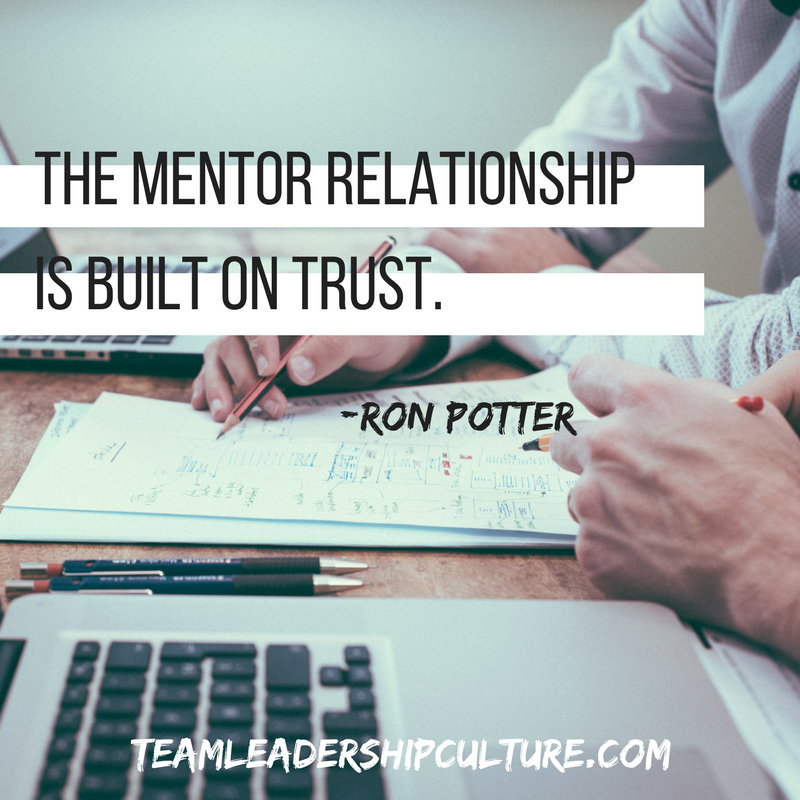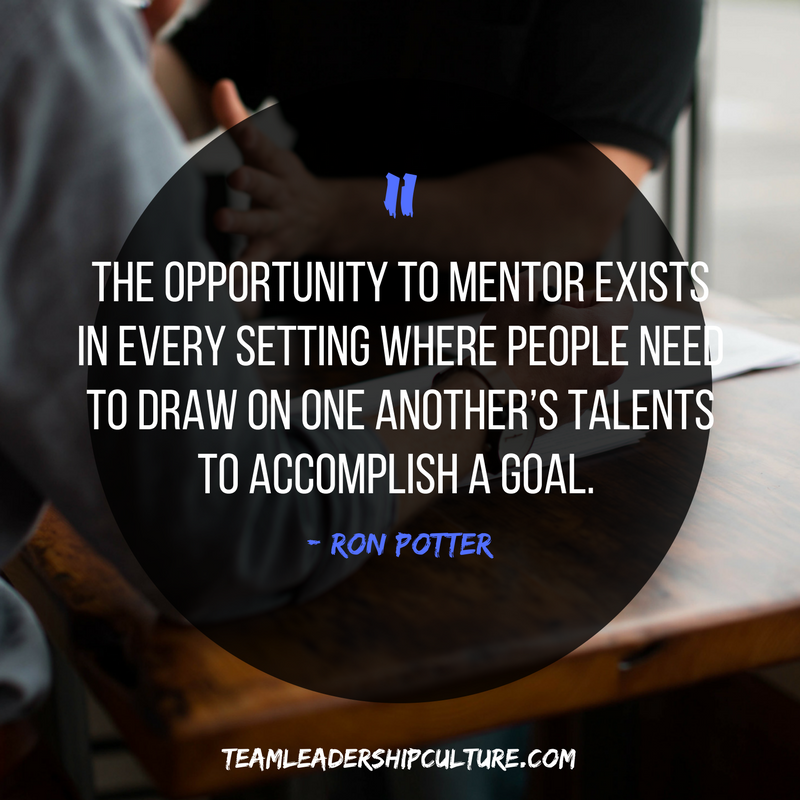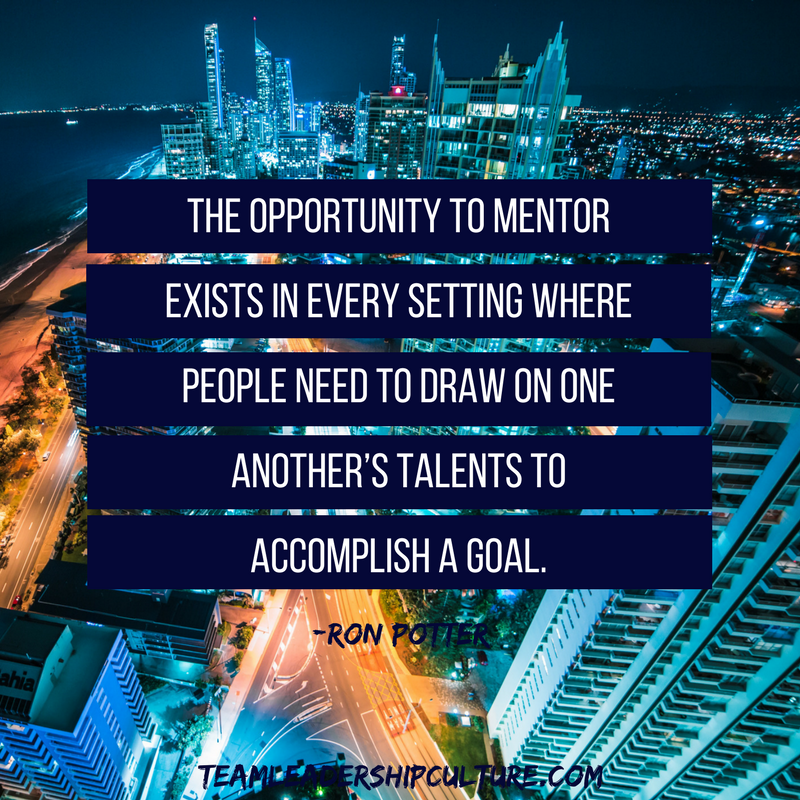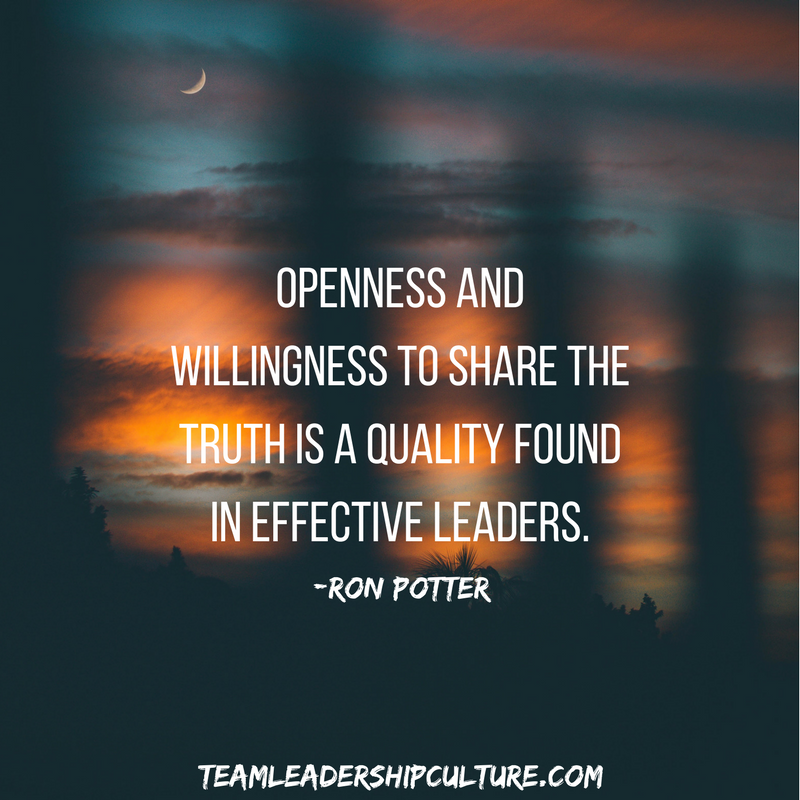The Essay
This was an essay written by my granddaughter:
“Bend your knees, watch the ball, steady swing. Good Job, you hit the green.” A very influential person in my life has been my grandfather. He has taught me so many things. Through all the ups and downs of life, he has been the same Papa Bear who is always cheering me on and making me feel special. I want him to know I appreciate everything he has done in my life and even the small acts of kindness don’t go unnoticed.
My grandpa is the most kind-hearted person I know. He is always asking how I’m doing, my opinion on things, and what I’m interested in. He always wants to know about what I’ve been up to and he never gets bored when we talk. My grandpa asked me what my favorite TV show was. I said The Flash. That night he went home and started watching it. The next time I saw him he had all these questions for me about the show. He made me feel really special and like someone cared about my opinion. My grandpa has so much kindness in his heart and he shows it to everyone. He has shown me there is always a reason to be kind to someone and strive to live that way every day.
Papa Potter has had many health problems but he never lets them keep him from still investing in my life or playing golf with his friends. He takes time with everyone he cares about and makes sure they know he loves them and they are important. My grandpa makes me feel so special even with all the things going on in his life and being super tired all the time. He still takes the time to teach me to golf or just talk. He takes his time every summer to take all the grandchildren to the golf course. He lets all of us hit as many as we want and gives us pointers so we can get better. My grandpa has taught me that even with everything going on in this world, I can’t let it take up my whole life. Even if I am stressed and have multiple things going, it doesn’t need to control my life. I have to keep living and loving.
Last year, my grandpa received the Alumni of the Year award from his high school. He had to make a speech for the event and he never talked about himself. He only talked about all the people who influenced him. He always cares about others before himself. He has shown me it is really important to be humble and care for others and not be so consumed with one’s self. No one will get anywhere in life if all they care about is themselves. They won’t make life-long friends that will help them grow to become a better person. Being humble is the most important thing my grandpa has taught me.
My grandpa is an engineer and he comes up with the coolest things to do with his grandchildren. He makes the activities fun while still teaching us something important. One summer, my family and I were up north at our cabin. It is right by a little creek that we can float down. He took us to the beginning of the creek and we would stop every 50 feet and then draw the shape of the creek and write down what we saw. After we made it all the way to our cabin, we put all of our drawings together and made a map of the creek with all the bends and bridges. It was the highlight of my summer. My grandpa has a very innovative mind and puts so much energy into creating something fun for everyone.
I want to tell my grandpa I love him and thank him for everything he has done for me. He has been the most influential person in my life and I don’t know what I would do without him. He is such a kind and amazing human being. I want him to know his grandchildren appreciate everything he has done because I know we don’t tell him enough. If I could tell him anything I would tell him I love him and he is my favorite person in the world.
My grandpa has taught me too many things to count. The way he gives kindness, his drive, and his humility have all been very influential attributes in my life. He is my favorite person.
I admit I cried when I read her essay.
Mentor
However, I immediately thought about being a mentor. Many of the people that my granddaughter talks about in the alumni speech I would consider mentors. They influenced my life. They added directions to my thoughts and in many ways guided me.
Many of the things my granddaughter talks about in the essay should be considered mentoring—
- Cheering another on.
- Making another feel special.
- Asking “How are you doing?”
- Wondering “What’s your opinion on this topic?”
That is mentoring— building people up, helping them feel good about themselves and how they view the world.
Corporate Mentoring Programs
I’ve never been much of a fan of the structured mentoring programs I’ve seen at various corporations. They too often seem about the older person parceling out their “wisdom” to the younger person. They seem to be about tasks and projects, not about the value and worth of the employee. They aren’t really mentoring programs, they’re more about training programs and telling the person what and how to do things.
True mentoring programs are powerful. Pseudo mentor programs are somewhat demeaning.
Full Story
Just to give the full story here, when I told my granddaughter that I cried when I read her essay. She said “Oh good. When I tell my teacher that it will probably get me some extra credit.”
Oh well, so much for being a good mentor!






